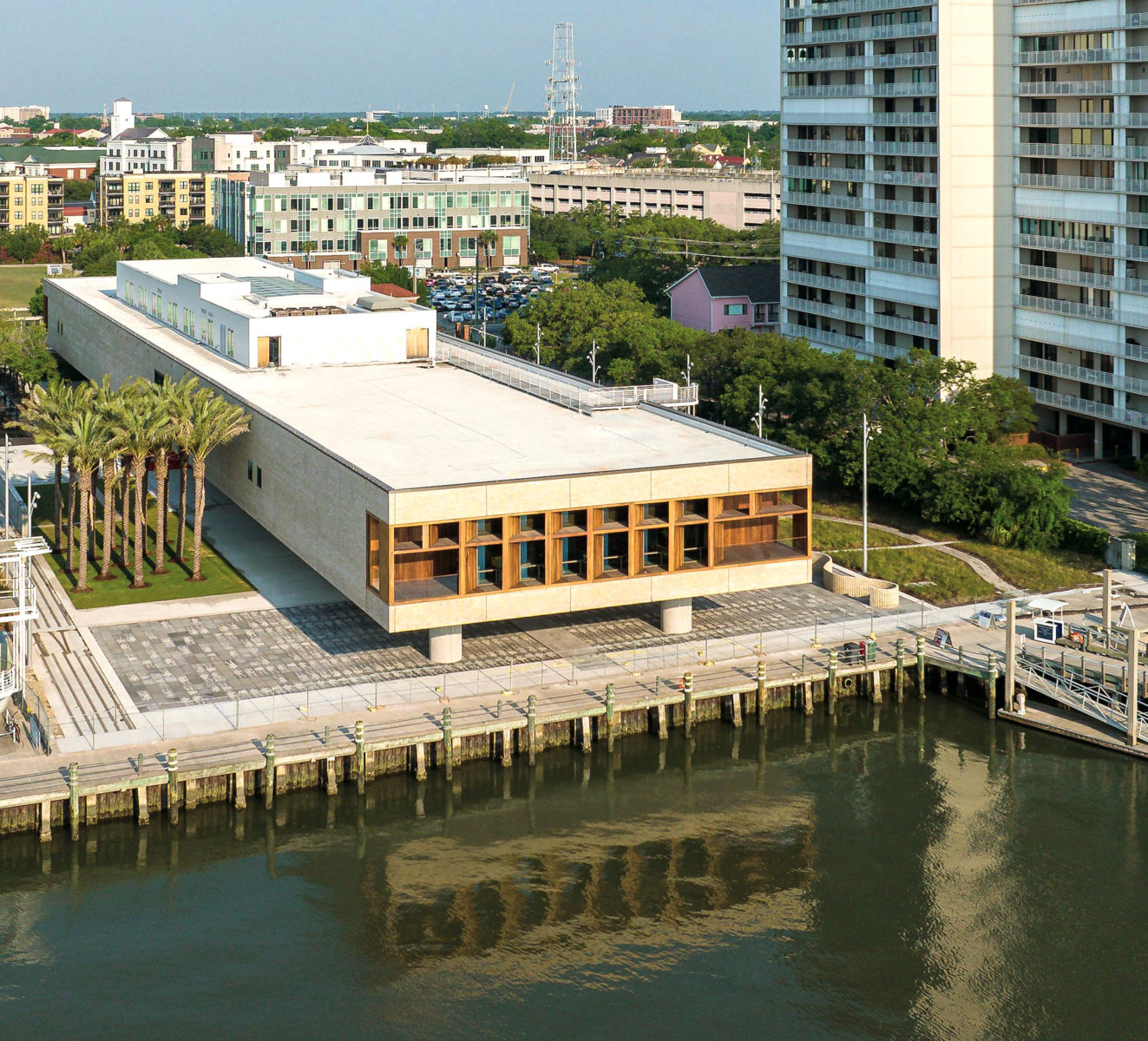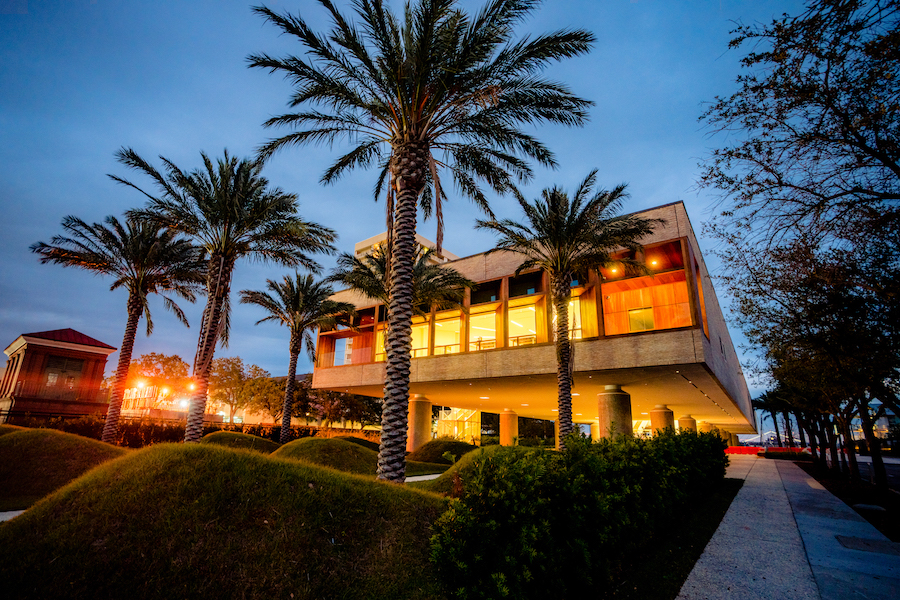Let’s call a sesquicentennial truce
By Elizabeth Boineau
A month into the five-year-long observance of the 150th anniversary of the Civil War, how are we faring as we invite the world to come experience this pivotal point in our nation’s history?
As a state rich with history, we have both the honor and the obligation of paying due reverence and respect to the 600,000 Americans, including 18,666 South Carolinians — possibly as many as 21,146 — who lost their lives in the Civil War from 1861-65.
Considering that was 2 percent of the U.S. population and a significant 31 percent of military-aged men here, our state took a hit that had major repercussions on our economy and the personal lives of a large part of the population.
We were and forever are changed. On whatever grounds you argue or believe the war was fought — states rights, slavery or both — you can’t ignore this seminal event that divided our country so many years ago and, sadly, in the eyes of many, still does. Years after the episode that redefined a nation, we still seem to be taking sides.
There is, however, a dignified and respectful way to observe this sesquicentennial event, which also will bring honor and dignity to our state.
Should we not put our best face forward to the country and to the world by honoring those lives lost with reverence and commemoration, not by celebration or demonstration? Isn’t that the message we want to send to the audience as they contemplate whether to come to the state to take in an event, a lecture, a museum exhibit, visit Fort Moultrie or Fort Sumter, or simply walk the streets and paths where the soldiers lived and fought?
Unfortunately, the state already has been negatively portrayed and recently was in the national media spotlight receiving widespread news coverage for the ‘secession ball’ held in Charleston Dec. 19. Demonstrations against this and other events marking the passage of a milestone in our history only serve to put our fine state under the microscope, once again.
Between balls and boycotts, there is room for a civilized commemoration that does not go to either extreme, and pays due respect to our state’s brand image far and wide — and keeps those tourists coming. It would be far more impactful on our economy, in which tourism plays a leading role, to act in a more hospitable manner befitting of Southern culture. Is it not our duty to show the country a more unified front, honoring the landmark event, not for any personal or even collective interpretation of who was right and who was wrong?
Are we not bound to respect, honor and revere the many brave souls who took up arms to fight for what they thought was right? Who are we to cast judgment now? After all, weren’t their sacrifices alone sufficient judgment from someone far more powerful than we? Isn’t it time to once and for all call a truce, for the entire world to come and see?
By demonstrating a state of dignity, brand South Carolina may thrive, and certainly be viewed more favorably for those weary travelers stopping over, or those seeking us out as a destination, and even those who may consider staying a lifetime.
While we hope they’ve missed some of our trials and tribulations, it’s hard to know the negative impact that some of the unfavorable coverage may have had or may have on our state. Statistics from a spring 2010 report of the Tourism Satellite Account by the U. S. Travel Association showed spending on travel or on behalf of tourism in our state totaled $18.4 billion in 2008, representing a 7.1 percent increase over 2007. The report further noted tourism supported nearly one in 10 South Carolina jobs, and its fiscal impact was $1.2 billion in state and local tax revenues. But it’s not just dollars that are the focus here, it’s demonstrating good sense too, and projecting an image of our state that exudes pride and even reconciliation.
So let us all remember the precious lives lost with reverence, honor and dignity — and let us commemorate the sacrifice they made in the quest for what they thought was right. Though we can’t change history, we can create a richer present-day state of being, and a South Carolina where, once and for all, nothing … and no one … could be finer.
Elizabeth L. Boineau heads up E. Boineau & Co., a strategic marketing communications and public relations firm based in Charleston. She can be reached at eboineau@eboineauandco.com.



